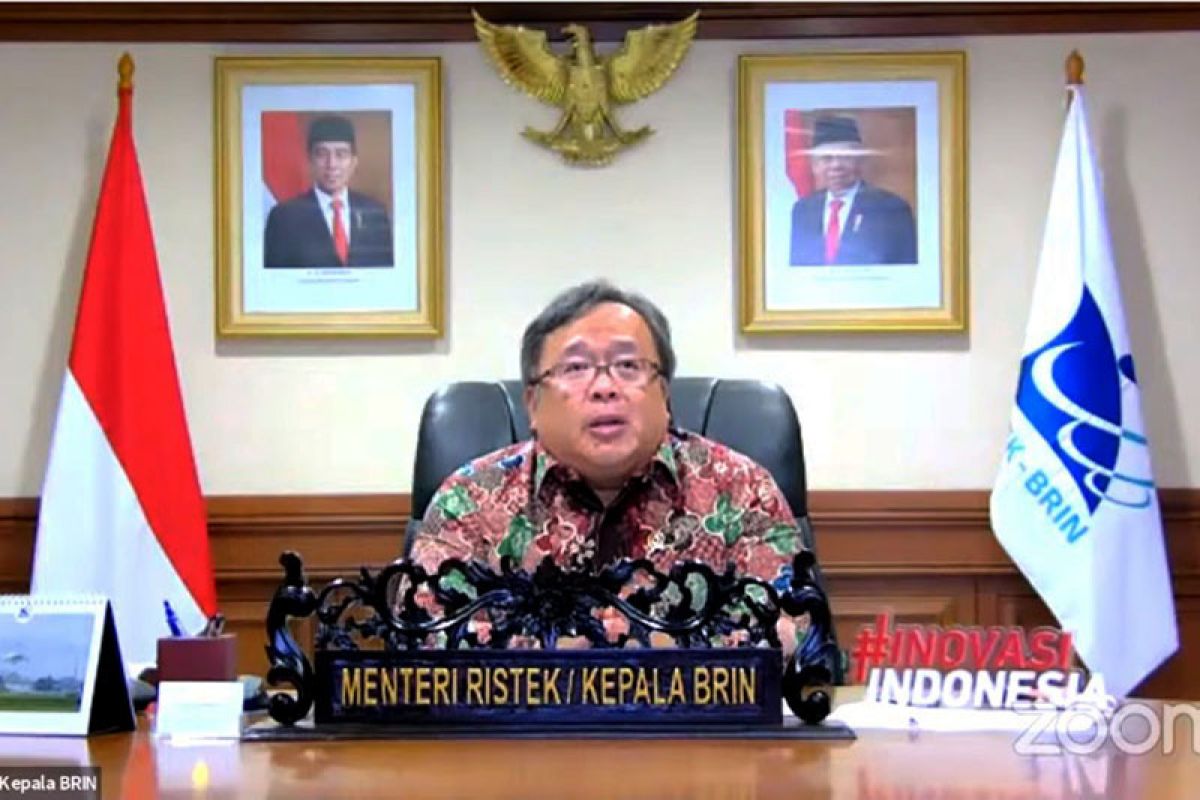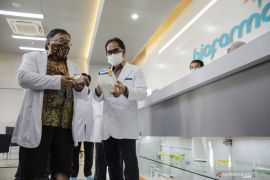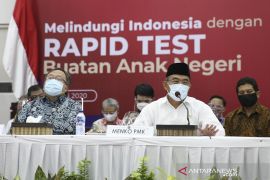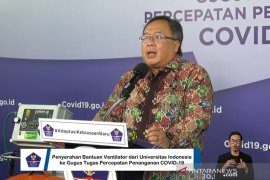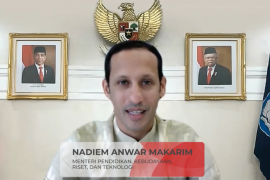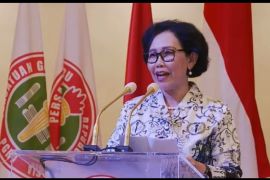"Our efforts to reduce dependence on the imports of medical devices and drugs have successfully been conducted," Brodjonegoro remarked during a virtual event in Jakarta on Tuesday themed "Indonesian Innovation for Indonesia to Recover, Resurrect and Advance," to mark a year since the COVID-19 pandemic struck.
The minister of research and technology, concurrently head of the National Research and Innovation Agency (BRIN), highlighted the rise in imports of antibody rapid test kits for COVID-19 screening since the COVID-19 pandemic struck.
He remarked that on account of the urgency in conditions at that time, an analysis or assessment might not have been conducted of the quality of the antibody-based COVID-19 rapid test kits imported from these countries.
In connection with the imports for antibody test kits, ventilators, thermometers, and medicinal raw materials for making vitamins, the COVID-19 Research and Innovation Consortium, formed by the Ministry of Research and Technology, in March 2020 seeks to produce research and innovation products for the purpose of import substitution.
During that time, Indonesia had imported the products to meet all its ventilator requirements. This is a matter that must be resolved immediately.
To fulfill domestic requirements and lower dependence on imports, Indonesia, through the Covid-19 Research and Innovation Consortium, has manufactured ventilators and antibody-based rapid test kits, such as RI-GHA, which have been used in the community.
Several ventilators, such as BPPT3S-LEN, Vent-I Origin, Ventilator Transport Covent-20 UI, and Dharcov-23S, have been used in the community.
In fact, ventilators can be purchased directly through the LKPP e-catalog, specifically the BPPT3S-LEN model for Rp25 million, Vent-I CPAP at Rp24 million, and Dharcov-23S at Rp78.5 million.
Despite the fact that there are elements that are urgent since it is necessary to immediately find a way to deal with COVID-19, all research and development processes until the downstream of research and innovation products continue to follow the applicable standards and procedures, including clearing the test from the Health Facility Security Center (BPFK), securing a distribution permit from the Ministry of Health, and obtaining permission from the Food and Drug Supervisory Agency (BPOM).
"This means we continue to follow scientific principles deemed necessary for us," the BRIN head stated. Related news: Indonesia aims for self-reliance in medical devices, products
Related news: Industry Ministry to boost self-sufficiency in medical devices
EDITED BY INE
Translator: Martha H, Azis Kurmala
Editor: Suharto
Copyright © ANTARA 2021
